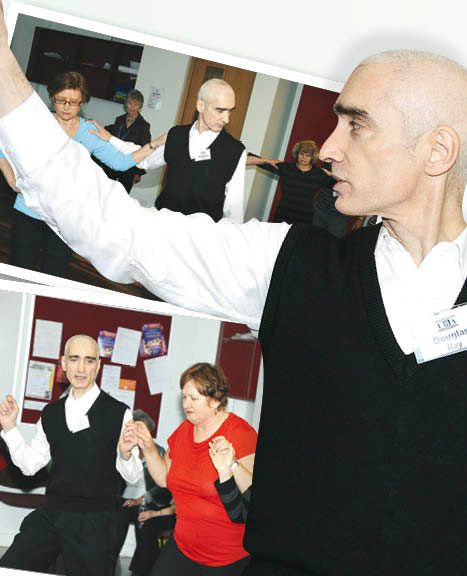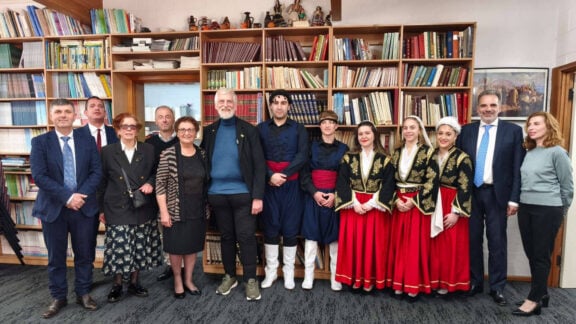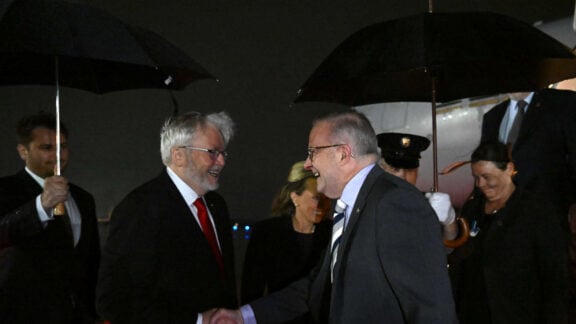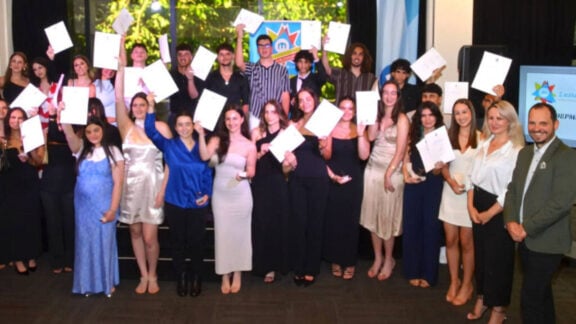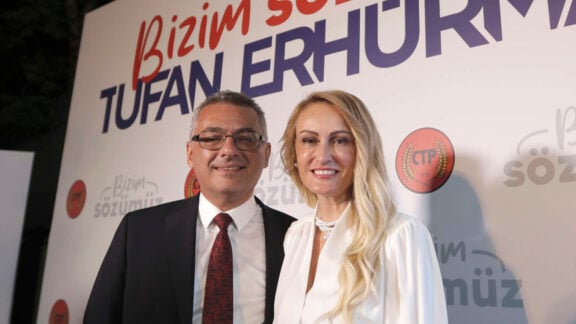“It’s freedom in the movement, it’s freedom in the music, you can only explain it by doing it,” says Greek folk dancing teacher Douglas Ray.
Douglas is a rarity in Melbourne. At a time when Greek dancing is at risk of losing its identity in the Greek Australian community, Douglas is bringing it to a new audience and giving it a new lease on life.
You can find the Australian born and bred dance enthusiast teaching the zorba, the zembekiko or the kalamatiano to a group of 25 Greek dancing converts every Thursday.
The class at the Manningham University of the Third Age (U3A) is made up of the young at heart, and more than half of the class comes from a non-Greek background.
“Maybe a quarter or a third of them will be of a Chinese background, and there’s about a quarter of, just people like me, Aussies, and there are some people who have been in Australia for decades but have originally had some other heritage,” Douglas tells Neos Kosmos.
Teaching for over two years, Douglas finds the ethnicity of the group makes for a great opportunity to teach Greek history and culture alongside the steps.
“It’s really enjoyable for me that I have that spread, but it’s also a challenge, because I have to find some way to keep the people who are there just to enjoy the dancing involved, but also for the people that have no background to give them a step up, so the class is a bit all over the place,” he says with a laugh.
Trained in classical music at La Trobe University, Douglas was enchanted by the uniqueness of Greek folk music. Being used to 4/4 time music, he was baffled when he heard Greek music so easily use five or seven tempos.
“What really amazed me, for the people with Greek heritage, they were not even thinking of these different times as being anything different or special, they were just picking it up intuitively,” he says.
Dancing to such rhythmically distinct music posed a challenge for Douglas. It took him a while to get to grips with it, having been training in more contemporary music.
“I realised, all you need is slow and quick; that was a revelation to me,” he says.
That type of dancing is perfect for his older students, who might not be able to keep up with quick movements or intense dances.
Douglas first got a taste of how important dance is to the soul when he trained in the Alexander technique. The Alexander technique is a form of relaxation through exercise that has been shown to reduce back pain and help people with Parkinson’s.
“I was looking for something that wasn’t so stressful on my legs and you can do it at different levels,” Douglas remembers thinking when looking for a new dance to take up.
Douglas uses his teaching to help his students and can explain why his classes have waiting lists. Greek dancing was taught to Douglas by the Greek Elderly Citizens Club. Douglas is the first to admit he wasn’t the usual clientele for the Greek Club, however, he was soon taken under the wing of George and Sophia Mavridis, who taught him most of what he teaches today.
“The thing at U3A is quite simple and basic, but what George and Sophia were doing was very much the traditional, the heart of it, and that’s what really took my attention,” he says.
Now as the class’ popularity grows, Douglas is keen to learn more about Greek culture. Already people assume the tall Australian man has Greek ancestry. He hopes to learn the language in the future and maybe one day visit the musical country.
Yet he is modest about his dancing skills.
“It takes a lifetime to do this,” he says.
Greek Folk Dancing by Douglas Ray is on every Thursday, 11.45am to 1.10pm at The Pines Learning and Activity Centre, 2/520 Blackburn Road Doncaster East, VIC.
